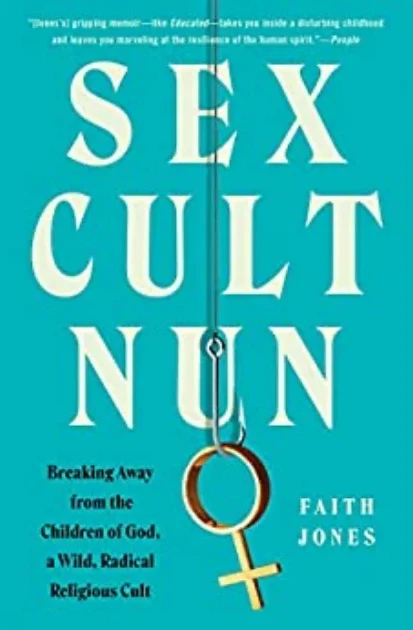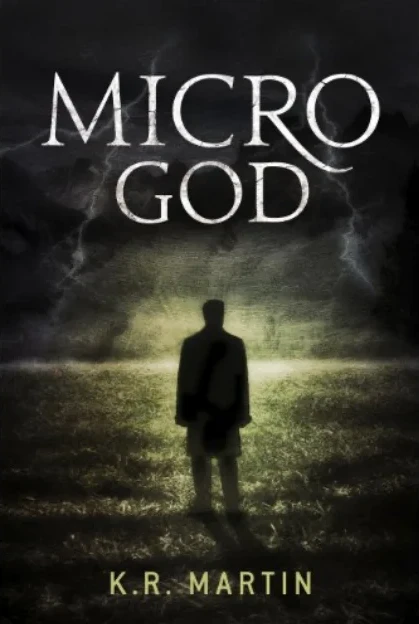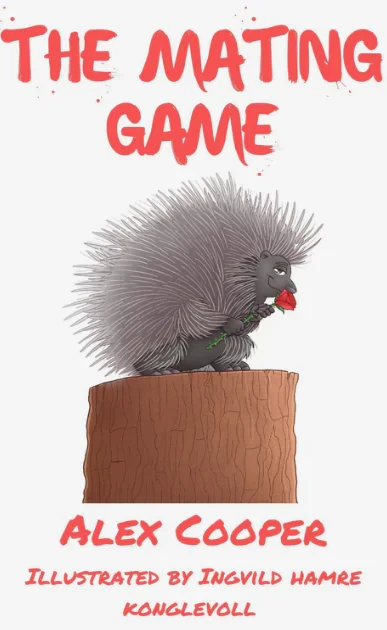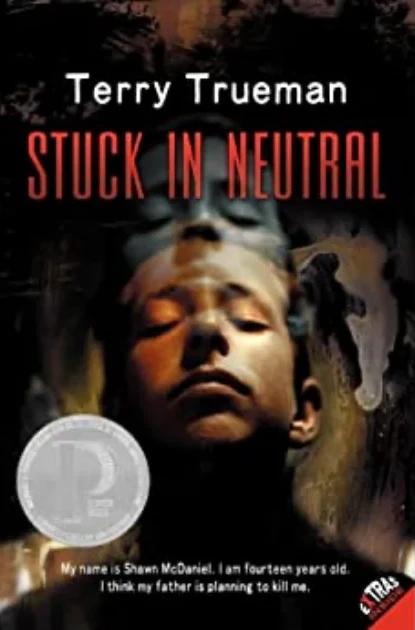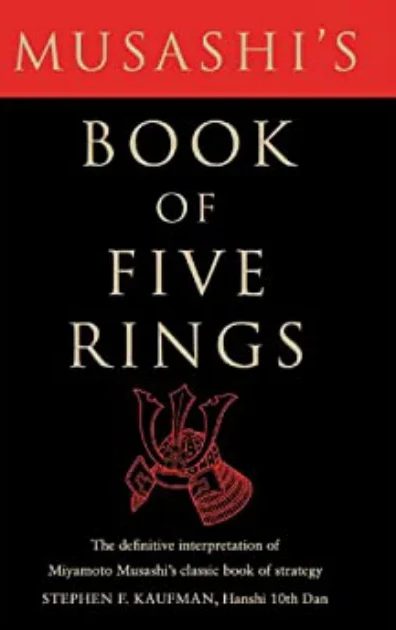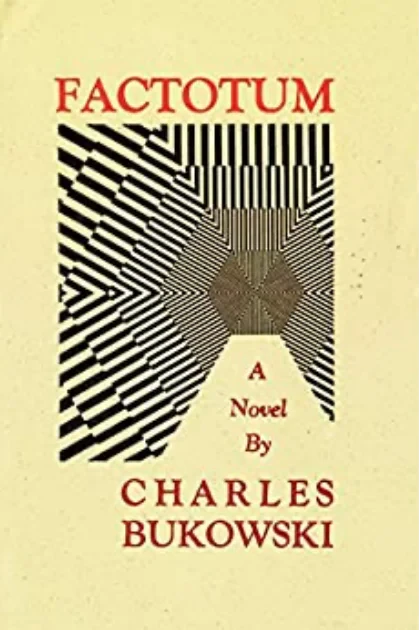Reluctance failed to steal the reading felt owed to Faith Jones after an unkind discussion of her TEDx. Now, Sex Cult Nun leaves an undesired compulsion to review, feeling disappointed and disturbed by this writing disaster. Torn between culprits, I settle on both publisher and writer sharing the blame for a book filled with just terrible writing that lacks substance.
Just Bad Writing
Publishing reached a new low with the haphazard editing and total lack of respect given to this story. The facade of publishers as gatekeepers to quality crumbles in the total lack of interest shown in this book’s editing and revising, making clear writers are solely responsible for their long-term reputation and success. Faith Jones has an incredible story, and regardless of her ability to write, the story deserved better care by William Morrow/HarperCollins.
Jones must also share the blame for publishing, at best, a rough draft. An inspirational and informative story about escaping a religious cult became an essay needing a teacher to redden with corrections. Most notably, redundancy caused primarily by internal dialogue overuse fills the book exhausting readers. This excerpt comes after Jones just finished two paragraphs describing the dangers of spiders and snakes and now describes going to the bathroom.
As I gulp down fresh air, tears leak from my stinging eyes. Will I have to risk my life every time I go to the bathroom?
Prevalent throughout the book, amateurish internal dialogue emphasizes nothing, repeats what is said, or uselessly precedes details like her description of the village,
Where are the paved streets? Where are all the people?
I learn that the “village” is just a hodgepodge of twenty-five or so buildings, a couple of two-story “modern” tiled houses where...
Eliminating the majority if not all of the book’s internal dialogue loses no meaning, yet neither Jones nor the editor saw verbosity as a problem, allowing presence on nearly every page as if trying to magnify the book’s garrulity. Chapter two opens with, “Life in Hac Sa lacks even the basic comforts we had in the city.” Jones just spent most of chapter one depicting the lack of modernity in Hac Sa, and so satisfied with repeating herself, she pushes ahead similarly, describing Hac Sa’s heat. In the first three paragraphs of Chapter two, she says,
The stuffy summer heat inside the house is so oppressive...
In the tropical summer, each day is hotter than the last...
...we forget the unforgiving tropical sun.
We get it; it’s hot.
Readers could forgive the windiness if not for muddling the story more when combined with inaccuracies. The first six chapters reflect a family living in poverty until chapter seven’s beginning shatters this image with anachronism. With electricity now installed in their village home, Jones' mother can work on cult newsletters easier, not needing batteries for the inexpensive and readily available computers.
Since Hong Kong had the latest pagers, cell phones, and laptops made in Japan and India long before they were available in the US, she always had the first Apple, IBM, and NEC personal computers.
The time is around 1982, making a computer an expensive purchase such as the NEC “PC-9801 launched in 1982…was initially priced at 298,000 yen (about US$1,200 in 1982 dollars).”
Not only is the reader inundated with incongruous information, but the information is also inaccurate. Apple computers outsourced parts in Asia but built computers in the US, and even if Japan and India manufactured the computers, the cost would have been tremendous since an Apple II in 1977 ran US$1,298 (equivalent to $5,804 in 2021), and the cost of Lisa’s early model in 1983 cost $9,995. Inaccuracies compiled with anachronous details make the story difficult to follow and threaten credibility since the family lived on $1000 a month and money earned from provisioning, essentially handouts.
Redundancies piled on errors disjoint the fast-moving narration that stops on poor elaborations of thought between haphazardly dumped information, as seen in chapter twenty’s opening that describes Japan as an "unexpected culture shock" after living in China. Jones jumbles together Japan's cleanliness and order, tossing in vending machines (perhaps contrasting China's lack of convenience), then describes everything as kawaii (cute), and of course, adds some useless internal dialogue, "Maybe I’ll finally fit in?"
She then compresses into five pages weeks of narration about enduring punishment, her struggles with fellow cult members, facts about the family, seeing an offensive comic book, and being told vending machines dispense young girls used underwear. Pausing in her relentless pace, Jones describes Japan again:
The Japanese stand passively at a red light on our straight country road with no car visible for miles. But the closer I look, the darker it is. Scratch the surface and the rot is just underneath. Thank God we are in the Family, safe from such things.
Though the reader can’t be sure, Jones tries to relate a shift in perception caused by the pages of details but fails since the idea is comprehendible only via a mental Jenga.
Digressive, inaccurate, and disorganized, the story rolls along at a breakneck speed that reads like a slightly personalized affidavit rather than a novel. Yet despite these errors and poor editing, a powerful narrative arises, perhaps explaining the book's many good reviews. Even in this raw form, the book forces readers to ponder many questions: sadly, none that Jones answers.
The Hard Questions
Cynical readers, not without merit, will perceive the book as a cashing in on tragedy or the selling of flimsy self-help but stepping back reveals a different scenario formed in the disjointed, redundant writing. Jones is brilliant, making an unplanned book unlikely. More likely, she began the story having already concluded what she perceived as the key to overcoming trauma and her growth to success based on experiences and education. While writing, Jones must have questioned her philosophy, but unprepared for challenges, she sidestepped the need to modify or scrap her thinking with details, redundancies, and errors. Likely, the editor also became lost with Jones, both trying to retrospectively fit this ideology without highlighting contradictions and flaws in Jones’ beliefs.
Wherever Jones presents intense, emotional storytelling (that raises the most questions), she shies away from deep introspection by concentrating on details that increase narrative distance. The opening and closing of narrative distance appears throughout the novel, with the first most prominently in chapter two when Jones describes a sexual encounter with her parents. One night she climbs into bed with them, seeking security, only to find her mother, all too happy to show her how to masturbate a man, Jones' father.
“Did you see that!” my mother exclaims. “Like a magic trick.”
The troubling, surreal moment grips the reader in the cult’s radical beliefs that have already sent her family running in the night from reporters and authorities. Many questions come to mind, like how a mother justifies playfully grooming her daughter for sex? Jones, the child protagonist, understandably cannot reckon this moment, which would h2ave clarified perfectly had the author ended the scene shortly thereafter. To the story’s detriment, Jones launches into a ten-page cult history explaining cult sex practices instead of fleshing out the answer in more scenes from this life. Clarifying the scene piles information unto the reader with the same understanding a medical textbook provides a terminal cancer patient. Disbelief roots in the narrative distance caused by historicizing and contextualizing the moment.
The book follows this trend, presenting scenes preceded and followed by mountains of information that steal the story’s heart and give no insight into the cult, her, or her immediate family other than they suffered indoctrination already known from the title of the book. By the time Jones exits the cult, the narrative distance voids any emotional investment in her decision. Rather than a moment of clarity, she seems tired of the cult and just chooses to leave, which understates all chapters read to this point. Twenty-five chapters led to her leaving the cult, and the reader still has little insight into Jones, having leapfrogged from emotionally-charged scene to scene wedged in poor narration.
The final five chapters and epilogue now upshift into an even faster-paced, poorly-elaborated story of Jones' rise from nothing to a successful lawyer. Readers don’t feel the author’s struggle but instead await answers to the questions piled throughout the novel, and on delivery of that wisdom Jones spent the book's bulk scribbling around, her inability to confront the truth glares with triteness.
No matter what anyone has done to me in the past, I am the only one who can do anything about it now. I alone am responsible for my happiness and success and healing.
...I don’t have to be broken, that healing is possible, and I am going to figure out how.
...I am not helpless; I can always act. I do not have all power, but neither am I powerless. I always have the power to change what I’m experiencing in any moment by focusing my attention on something good, and I can always choose to do so.
Every self-help guru, book, seminar, and twelve-step group sells the same bullshit. If this thinking worked, psychologists could pack up their couches and start teaching motivational idioms. While self-efficacy holds importance in any recovery and coping, it is not a solution. One might be more accepting of this can-do spirit if not for the many, many unanswered questions Jones hangs on the reader, like how she can possibly think this way after all she has endured?
Jones sort of answers readers, relating how she used these self-efficacy tools to overcome obstacles and make peace with her mother, father, and the past. She gives us a view into the tragic lives of many cult members now helpless when the organization ended and left them to fend for themselves. Jones continues talking about the difficulty of questioning one’s beliefs, iced with sugary, platitude-derived statements, such as "I’m truly grateful for every single experience."
From positive thinking and self-reliance, Jones carves her philosophy of property law, her epiphany: “I own me!” Jones justifies under property law that no one can own her body or mind, then stretches this wisdom to mean people believing "the lie that they do not own themselves" have a licence to commit or pardon their crimes "against humanity, including child abuse, religious wars, or the millions slaughtered under communist regimes.”
Jones argues against believing this "lie" because just like one cannot surrender the right to their body's ownership, "neither can we abdicate moral responsibility for our actions. People shy away from this principle because accountability is scary."
Jones sounds like a hybrid of a twelve-stepper extolling the attitude of gratitude and a half-baked, right-wing evangelical screaming about communism's evils and the cult of the victim, eerily producing familiar wisdom; “But, as I discovered, accepting absolute responsibility is power.”
Most disturbingly, Jones reinvents a philosophical insight from the same evangelical Christian values perverted in the cult. Throughout the book, Jones discusses how the cult reinforced responsibility to the family, to each other, and how that responsibility justified reporting each other. Now, Jones inverts that same wisdom, based on body and mind ownership, into a personal power statement founded on being accountable or, as she says, “Only I have the ability to make my decisions, control my thoughts, dictate my emotions, and succeed or fail.” Thus, rendering the conclusion: failure is your fault, or as Jones alludes, “It’s too easy to slide into the quicksand of blame.” And so, Jones now epitomizes cult-based manipulation with the double-bind: if you don’t assume absolute responsibility, you will fail, but if you fail, it’s because you haven’t taken full responsibility. The same shit every self-help guru, evangelical: hell, most Christians profess as a tenet of faith.
Malleableness reveals this belief's nonsense when applied to the millions of victims across the globe who obviously suffer for having not taken full responsibility by owning themselves. This thinking’s complete lack of substance elucidates further when you listen to the crowd-pumping gurus declaring success begins and ends in the person or evangelicals claiming racism and misogyny exaggerate in a lack of personal accountability: forming the unwisdom that gaslights victims with,
I have to be grateful for every experience and responsible for me.
Self-determination’s celebration ends in the reality of race, geography, gender, and numerous other determinants that reinforce or deter success. Jones might have had a very different path to success had her extended family not helped her after she left the cult or if she became pregnant in the cult, proving self-efficacy goes only so far.
Much like her self-efficacy, the “I own me” philosophy holds little substance for simply restating the values driving laws. The law already recognizes people own themselves. Rape is illegal. Child abuse is illegal. Teaching someone they own their body and mind is redundant and meaningless when millions of rape, molestation, and other victims still endure abuse and don’t own their bodies – regardless of the law. At best, her thinking is true but uncompelling.
Again, most unsettling is Jones philosophic entrenchment in faith. Make no mistake; Jones is dabbling in some form of theology or spirituality because believing self-efficacy and accountability beneficially change life is magical thinking. Readers unseduced by this thinking find themselves in doubt since she has not answered many questions. How does Jones reconcile her success that stands in contradiction to the many other cult victims, considering her success came before her epiphanies? What made her different than them? How does Jones reconcile her mother grooming her for sex, and how did she overcome this violation of trust when most people cannot? Why should a victim overcome this lack of trust or forgive? How do we apply “I Own Me” to overcome rape, racial injustice, and misogyny?
So many questions, but perhaps the most important is her belief in God. Does Jones believe in God? She certainly appears to believe based on the reading, and if so, how does she reconcile that God with the one who made her suffer rape, child molestation, and gaslighting? If Jones desires readers to buy her faith-based, self-efficacy-driven, “I Own Me” philosophy, she needs to answer many questions to show the benefit to those seeking recovery and understanding in abuse’s aftermath. She will need to do more than walk on stage, tell her story, and sloppily write her narrative proclaiming a derivative wisdom, disturbingly not too dissimilar from every cult leader, preacher, and guru’s message.
~~~
Note: Jones is a witness and survivor of The Children of God, and regardless of her philosophy, her story is vital to understanding a tragedy that impacted so many lives. I hope she will consider revising this book.
* "Page(s)" may vary due to text resizing on Kindle.
